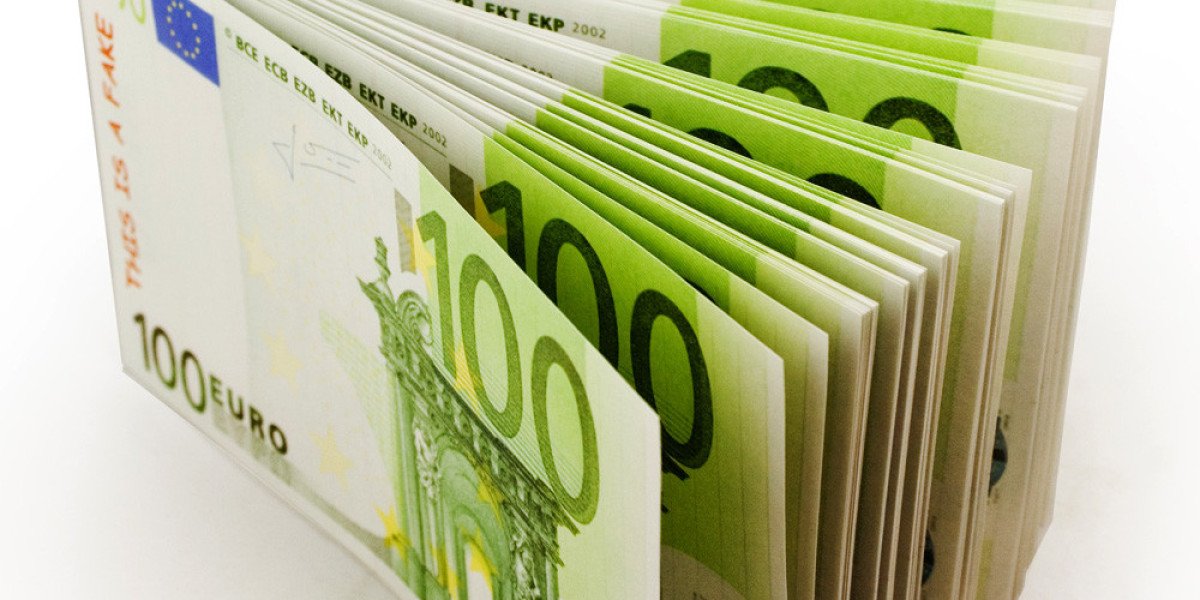Understanding the Process of Buying Real Money: A Comprehensive Guide
In a significantly digital world, the idea of "real money" has progressed, causing an intricate web of financial deals that incorporates both standard currency and digital kinds. Purchasing real money describes the conversion of virtual or digital possessions into actual currency that can facilitate transactions in everyday life. This short article looks into the various approaches, advantages, difficulties, and regularly asked concerns concerning the purchase of real money.
The Nature of Money in a Digital Era
Historically, money has actually been defined as a legal tender, an unit of account, and a store of worth. With the advent of cryptocurrency, online banking, and digital payment systems, the landscape of finance has actually expanded. Here are some essential points relating to the advancement of money:
- Physical Currency: Traditional banknotes and coins utilized in everyday transactions.
- Digital Currency: Money that is saved and negotiated electronically, consisting of bank balances and digital wallets.
- Cryptocurrency: A decentralized type of digital money protected by cryptography, with Bitcoin and Ethereum being the most acknowledged examples.
Comprehending these differences is essential when thinking about buying real money, as different forms of money included their own processes, risks, and benefits.
Why Buy Real Money?
Buying real money usually stems from numerous needs and circumstances. The factors can include:
- Investments: Many people are brought in to cryptocurrencies and other digital currencies as possible investment lorries.
- International Transactions: Businesses and individuals may buy foreign currency (like Euros, Pounds, and so on) to assist in worldwide trade or travel.
- Emergency situation Funds: Having cash or concrete assets in the form of currency makes sure monetary security during uncertain times, such as economic downturns.
- Convenience: Digital deals have made it easier for individuals to participate in commerce without bring physical cash.
How to Buy Real Money
The procedure of acquiring real money differs based upon its type. Below we break it down into typical categories:
1. Conventional Currency
To buy standard currency, you typically need:
- A Bank Account: Most transactions require having a checking account for ease of transfer and security.
- Currency Exchange Services: You can utilize banks, exchange bureaus, or Online Currency Exchange platforms.
- Identification: Often, you need to supply identification or proof of home when converting large amounts.
2. Digital Currency
For acquiring digital currency, follow these steps:
a. Choose a Cryptocurrency Exchange
- Research Exchange Platforms: Popular platforms include Coinbase, Binance, and Kraken.
- Inspect Fees and Security: Understand trading charges and security procedures to guarantee your funds are safe.
b. Create an Account
- Registration Process: Complete the registration procedure, ensuring you supply precise personal information.
- KYC Compliance: These exchanges might have Know Your Customer (KYC) requirements, requesting for recognition documentation.
c. Link Payment Methods
- Deposit Funds: You can link your savings account or debit/credit card to deposit funds on the exchange.
- Buying Process: Follow the directions on the platform to buy your desired cryptocurrency.
3. Digital Wallets
To buy money kept in a digital wallet:
- Core Wallet Options: Choose in between a hot wallet (linked to the internet) or a cold wallet (offline).
- Transfer Funds: Use these wallets to send or get money from numerous sources.
Benefits of Buying Real Money
Getting real money uses different benefits, including:
- Liquidity: Cash can be quickly used for deals, guaranteeing you have access to funds when essential.
- Stability: Traditional currencies are reasonably stable compared to unpredictable cryptocurrencies.
- Ease of access: Digital payment systems make moving money across borders simpler and faster than traditional banking techniques.
Difficulties in Buying Real Money
In spite of its benefits, numerous obstacles exist:
- Volatility: 100% echtes falschgeld Cryptocurrencies are notoriously unpredictable, raising the risk for financiers.
- Fees: Currency exchanges and deals might sustain different costs, reducing general success.
- Legal Regulations: Different jurisdictions have special rules relating to currency transactions and taxes, making compliance crucial.
Frequently Asked Questions about Buying Real Money
1. Is it safe to buy cryptocurrency?
While buying cryptocurrency is thought about safe when done through reputable exchanges, dangers such as market volatility and cybersecurity risks exist. Users need to make it possible for two-factor authentication and never ever share delicate information.
2. What are the primary risks related to purchasing foreign currency?
Threats include variations in currency exchange rate, financial instability in the currency's country, and possible scams or scams in the exchange process.
3. Can I buy real money with a credit card?
Yes, numerous online exchanges allow credit card purchases for cryptocurrencies or conventional money, but be aware of possible high costs.
4. How do I ensure I'm getting a reasonable currency exchange rate?
Always compare rates from different exchanges or organizations, and consider utilizing a currency converter to evaluate current market rates easily.

5. Are deals and purchases traceable?
Yes, many deals, particularly digital currency purchases, are tape-recorded on a blockchain or through financial organizations, although some cryptocurrencies provide functions meant to boost privacy.
Purchasing real money includes an elaborate network of monetary deals that reflect the evolution of money itself. With the growth of digital transactions and currencies, it is essential for customers and financiers to be notified concerning the different methods, advantages, and potential dangers associated with the procedure. As the monetary landscape continues to establish, comprehending the subtleties of money will be significantly useful for making sound investment and spending decisions. By browsing this complicated environment with awareness and care, people can handle their finances proactively and safely.








